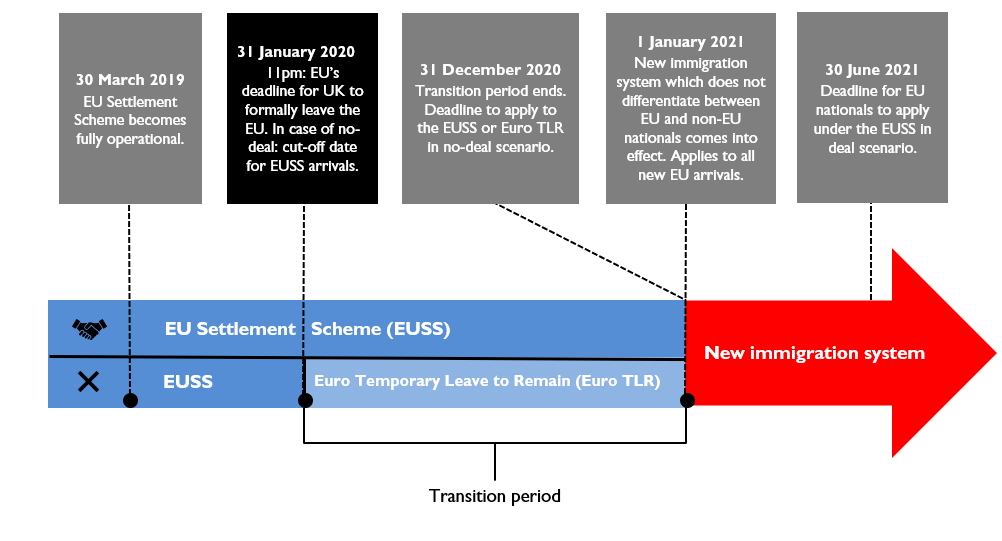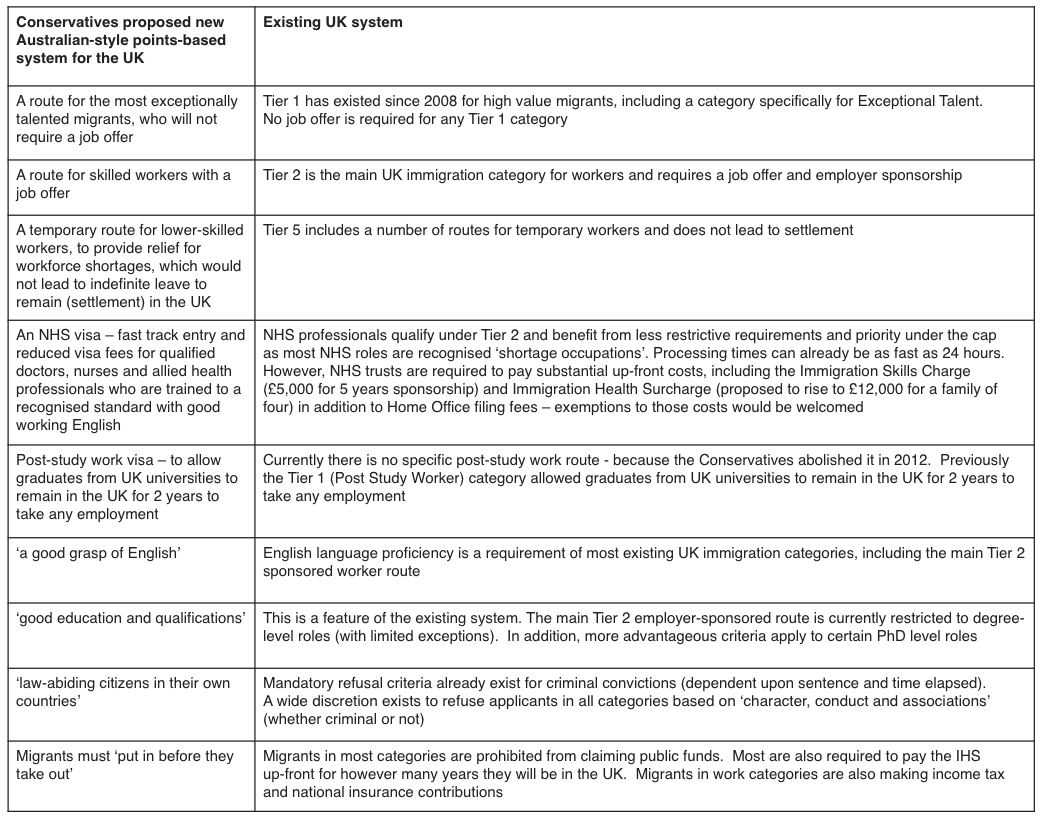Sophie Barrett Brown, Senior Partner and Head of UK practice at Laura Devine, tells us what to expect from the Conservative impact on UK immigration
The sizable General Election victory for the Conservative Party signals full steam ahead for Brexit, but what will this mean for EU nationals living in the UK and how may this affect businesses recruiting international talent in future?
We examine the likely impacts of the new Government’s approach to UK immigration policy in the wake of Brexit.
‘Getting Brexit done’ – the end of free movement
The Prime Minister asserted throughout the election campaign that the UK will leave the EU on 31 January 2020 – with or without a deal. Given the Conservative majority, Parliament can be expected to pass the Withdrawal Agreement Bill, although whether the 31 January timeline for exit can be met is less certain. It also remains to be seen whether the UK can secure a trade deal with the EU by the end of the transitional period on 31 December 2020 – and if not, whether the transitional period will be extended or the UK leave without a trade deal.
Under the Withdrawal Agreement, free movement will continue during the transitional period; meaning that EU citizens arriving up until 31 December 2020 (or later if extended) will have the right to live and work in the UK and may continue to do so after free movement ends by applying for settled/pre settled status under the EU Settlement Scheme (EUSS).
If the UK leaves without a deal, free movement would end on exit and only those already present in the UK by that date would be able to apply to the EUSS. However, under Conservative plans EU nationals arriving in the UK between Brexit day and 31 December 2020, would be able to live and work in the UK for a further 3 years by applying under the “Euro Temporary Leave to Remain” scheme – after which they would be required to meet the same immigration rules as non-EEA migrants. or leave the UK.

A new UK immigration system for 2021 – so what’s new?
From January 2021, UK immigration rules will apply equally to EEA and non-EEA nationals – but what will those rules be? With the Conservatives pledging to overhaul the UK immigration system and introduce a new Australian-style points-based system (PBS), substantial change might be expected. However, the few details of the proposals revealed so far, in the Conservative manifesto and election interviews, bear a notable resemblance to the UK’s existing system.
We debunk some of the election rhetoric in our quick-reference guide to what’s new and what’s not.

Lower migration, higher fees – cost as a deterrent?
Despite an average cost of approximately £150 for the Home Office to process an immigration application, recent years have witnessed a soaring increase in Home Office filing fees and related charges. The Prime Minister’s announcement that the Immigration Health Surcharge (which until a year ago was £200 per migrant per year) will increase to £625, means that many employers would be required to pay up-front government charges of over £22,500 for a standard five-year sponsorship for a Tier 2 worker with a spouse and two children.
Such high charges are unduly prohibitive for many businesses (particularly those in certain sectors and regions), which will become more pronounced once the rules are extended to cover EEA nationals and wider skill levels, as proposed by the Conservative impact on UK immigration.
With a key tenant of the Conservative campaign message being that ‘immigration will go down’, concerns grow that cost will be used as the key tool to limit numbers.
An ‘Australian-style Points Based System’
The now familiar Conservative slogan of an ‘Australian-style points-based system’ may play well with party focus groups but tells the voting public nothing of the policies that underpin it.
The principal PBS route in the Australian system, the ‘Skilled Independent’ category, does not require a job offer – contrary to the apparent intentions for the UK version – and is also mired in lengthy delays. Importantly, the Australian PBS is but a small part of its wider immigration system, operating to complement and supplement other categories that alone would not secure the migrants Australia needs for its economy. The Australian system also features a separate (and larger) employer-sponsored route – far more comparable to the UK’s Tier 2 sponsored worker route.
Suggestions that an Australian-style PBS could entirely replace the current UK system would therefore seem highly improbable; more credibly it may sit alongside employer-sponsored routes – just as it does in Australia …. unless of course the vision for the UK’s own PBS is very far from the ‘Australian-style’ lauded by politicians who will deliver the Conservative impact on UK immigration.
The key question for the UK to determine before designing any new system is to be clear on the objectives for the system – which may well not entirely coincide with Australia’s.
By Sophie Barrett Brown, Senior Partner and Head of UK practice at Laura Devine Immigration.











